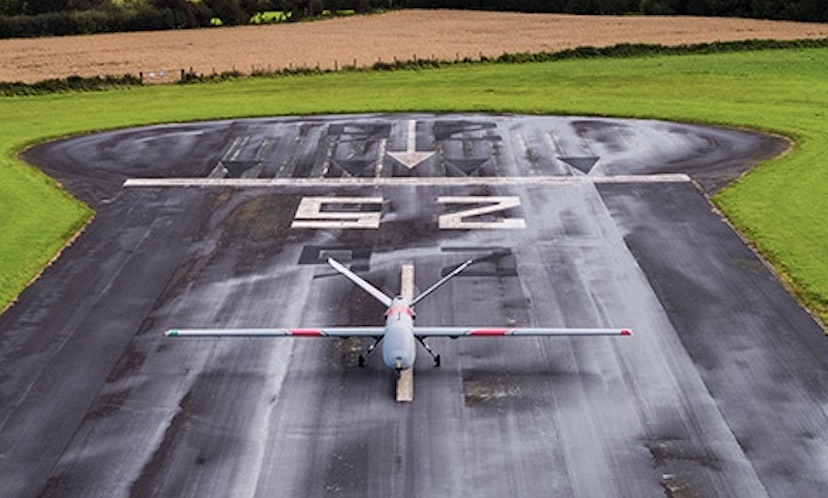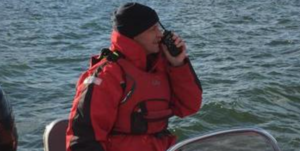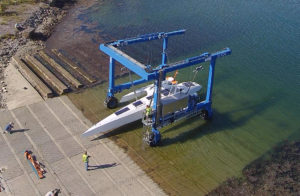Elbit Systems demonstrates drone search and rescue flights to MCA

Elbit Systems’ Hermes 900 Unmanned Aerial System (UAS) recently successfully completed a series of flight demonstrations for the Maritime and Coastguard Agency (MCA).
The demonstrations were run by the MCA and were designed to test the capabilities of using a UAS to enhance Search and Rescue (SAR) capabilities and the use of long-range unmanned capabilities in civilian airspace.
Taking place off the West Coast of Wales over the first two weeks of September, the Hermes 900 was able to fly advanced Beyond Line of Sight (BLOS) missions into unsegregated and uncontrolled airspace, in full alignment with the UK Civil Aviation Authority.
This is in addition to ongoing evaluations being carried out by Bristow Helicopters in North Wales evaluating a remotely piloted aircraft in simulated and recently real-time search and rescue operations.
In the recent demonstrations, the Hermes 900 was deployed on a range of missions that simulated shore-line rescues, water rescues in dangerous air space, and long-distance ship rescues which crossed international air space lines.
With a wingspan of 15m, the 1.2-ton Hermes 900 is already deployed around the globe providing search, rescue and reconnaissance capabilities.
As well as for search and rescue and safety overwatch, the remotely piloted aircraft could potentially be used for counter pollution work and provide vital live video and still photographs of ongoing incidents, the MCA says.
Following the completion of the trial, a report will be published at the end of the year which will identify the key components of work that will be required to achieve regular, routine BLOS flights in any class of airspace in the future.
“We continue to do all we can to use existing technology as well as look to the future in our ongoing work of saving lives at sea,” says director of HM Coastguard, Claire Hughes. “Remotely piloted aircraft continue to be a big part of that work both to potentially save lives in search and rescue and protect our beautiful coastlines from the worst effects of pollution.”
Transport secretary, Grant Shapps, says: “Drones have the potential to help us in so many aspects of our lives. From search and rescue missions, to delivering critical medicines to places like the Isle of Wight – we’re exploring how this new technology could revolutionise our emergency responses. I’m proud to see the UK lead the way in trialling these technologies, which could lead to saving many more lives.”










